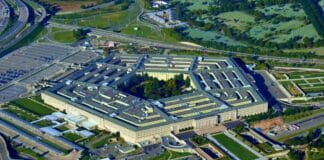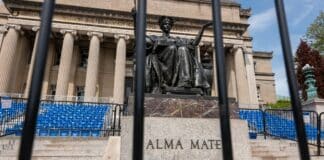Idaho quadruple murder suspect Bryan Kohberger might avoid the death penalty if convicted because of a media leak that tainted evidence before trial. Defense attorneys argue that airing surveillance video and alleged cellphone tower logs on NBC’s “Dateline” violated court orders and prejudiced prospective jurors.
Former Assistant U.S. Attorney Neama Rahmani explained, “If the leak results in prejudicial pretrial publicity … that’s a constitutional violation.” Rahmani compared it to the Lori Vallow Daybell case, where the judge barred the death penalty for similar reasons. “The other basis for appeal … would be prosecutorial misconduct or a violation of a judicial order,” Rahmani noted.
Judge Steven Hippler agreed that key evidence—surveillance footage of “Suspect Vehicle One,” AT&T records, cellphone content, and Amazon account data—saw public exposure before admissibility review. He wrote that such violations “significantly impede the ability to seat an impartial jury” and could inflate taxpayer costs due to prolonged jury selection and sequestration.
Kohberger’s lawyer, Anne Taylor, urged a trial delay to let the juror pool cool off. Prosecutors resisted, insisting the court is capable of selecting an unbiased jury despite media exposure. Yet the judge nonetheless postponed opening statements from August 11 to August 18, with jury selection starting August 4.
In conclusion, the media leak may cost Idaho its toughest penalty in decades. As Neama Rahmani warned, it could “take the death penalty off the table” and pivot this case into a battle over media influence and fair trials—one that could redefine justice in high-stakes prosecutions.





